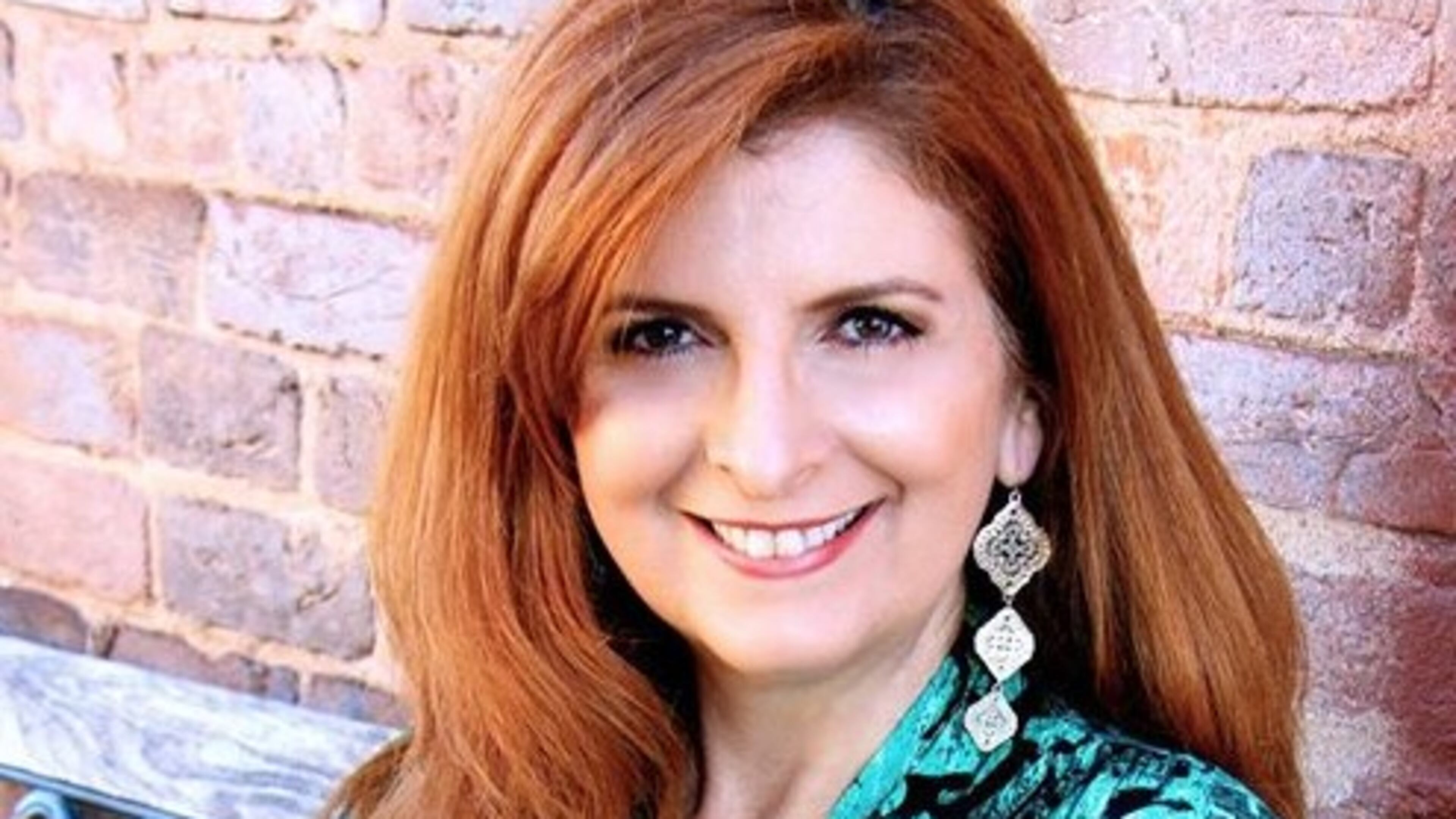Too much controversy surrounding ‘Beauty and the Beast’

About one month ago, while browsing social media, I came across an article about a movie theater in Alabama which had decided to boycott the long-awaited movie version of “Beauty and the Beast.” The reason for the boycott was what supposedly would be a “gay scene.”
Soon after the news came out, I watched as columnists, bloggers and religious leaders picked up their pitchforks and torches in a virtual reality witch hunt that looked a lot like the famous scene in the movie, when Gaston leads the villagers to charge the castle and kill the beast.
The beast, in this case, was Disney.
Disney, the same company that fed my children’s fantasies and dreams for many years. The parent company of the “happiest place on earth.” The same place where tears of joy filled my eyes, while watching my little girls twirl around with Cinderella, Snow White, and yes, even Belle and the Beast.
I watched the news, confused, trying to understand why Disney would do such thing. Considering the articles, I figured that Gaston and LeFou, his sidekick, would share a French kiss or something.
Something that would indeed make me keep my children at home.
I waited to read the review of the movie on a website that I trust. I read the extensive article and, after prayer and consideration, I talked to my girls, explaining that we would watch the movie and draw our own conclusions.
With a bucket full of popcorn and a giant cup with my favorite soft drink in hand, I was ready.
A Disney junkie, I braced to witness my beloved Disney “attack children’s innocence” and kill the integrity of the original story, just to take a political and social stand.
To my utter surprise, I spent two hours and 19 minutes in fantasy heaven. That’s the total length of the movie, by the way.
I know not everyone loves fantasy and children’s movies. But in a world where violence, promiscuity and hate have become rampant, I am still one to need a fantasy and purity fix every so often.
And I certainly got that, and more, with “Beauty and the Beast.”
At the end of the movie, when the credits started rolling, I was angry. Outraged, even. Truly disgusted by the roaring criticism Disney had received.
The “gay” scene lasted 2 seconds and it really wasn’t a gay scene at all. My children would not even had noticed it, were it not for all the hoopla raised by the beast hunters before the movie came out.
What was surely noticed in this movie, however, was its pure message of love.
It’s the message that is needed by that young girl who looks at her changing body and starves herself sick, in an attempt to feel beautiful and loved. It’s the message that reaches down to that wheelchair, where a teenage boy wonders if anyone will ever see beyond his handicap, and into his heart. It’s the message that touches the heart of that overweight boy or girl, who suffer every day with the weight of their struggle. It’s the message that redeems those who are trapped in the pain of their past, and long for someone who will offer them a future.
It’s a message of redemptive love — one that sees past our sins, forgives, and gives us a second chance.
To me, it sounds like God’s message to mankind.
This movie and everything around it gave me a renewed commitment to choose to speak love instead of hate, and to focus on the one issue that really matters and grieves God’s heart: Our world is hurting, and needs his redemptive love.
Patricia Holbrook is a Christian author, blogger and international speaker. Her book, “Twelve Inches,” is on sale at Barnes & Nobles, Amazon and retailers worldwide. Visit her website www.soaringwithHim.com. For speaking engagements and comments, email pholbrook@soaringwithHim.com.

